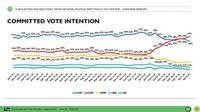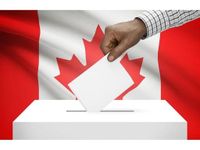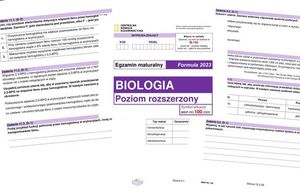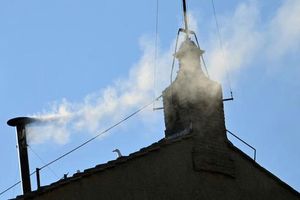As the Canadian federal election campaign reaches its midpoint, a new Abacus Data poll reveals the Liberals have opened up a six-point lead over the Conservatives, a significant shift in the political landscape. Conducted between April 3 and April 8, 2025, the survey of 1,900 Canadian adults indicates that if an election were held today, the Liberals would garner 42% of the vote compared to 36% for the Conservatives and 11% for the NDP.
This marks the first time in the campaign that the Liberals have achieved a statistically significant lead over their main rivals. The Liberals have risen by three points since the last survey, while the Conservatives have seen a corresponding decline of three points.
Among likely voters, the trend continues with the Liberals at 43% and the Conservatives at 37%, while the NDP trails at 10%. Regionally, the Liberals are showing strength, leading by 10 points in Ontario, 37 in Atlantic Canada, and 19 in Quebec. However, in British Columbia, the Conservatives maintain a lead of 7 points, and in Alberta, they are ahead by 29 points.
The poll also indicates that the Liberals have gained traction across various age demographics. They lead by 7 points among voters aged 18 to 29, 4 points among those aged 30 to 44, are tied among the 45 to 59 age group, and have a significant 14-point lead among those over 60. Notably, the Liberals enjoy a 17-point advantage among university graduates and are slightly ahead among college graduates, while trailing by 3 points among those with lower levels of formal education.
In terms of perceptions, nearly half of Canadians, or 47%, believe the Liberals will win the upcoming election, an increase of 4 points from the previous week and a notable 15-point rise since mid-March. In contrast, only 30% think the Conservatives will emerge victorious, with a mere 5% predicting an NDP win.
When asked about the closeness of the election, 46% expect the Liberals to win, while 31% believe it will be a close contest. Meanwhile, 23% think the Conservatives will win, with only 7% believing they will win decisively. Additionally, 17% consider it a 50/50 chance, and 15% are unsure about the election's outcome.
Mark Carney, the Liberal leader, has seen his net favourability increase to +19, with 47% of respondents viewing him positively and 28% negatively. In comparison, Conservative leader Pierre Poilievre has a net score of -6, with 38% positive and 44% negative perceptions. Carney also leads Poilievre by seven points in the preferred Prime Minister category, with 41% supporting him against 34% for Poilievre.
The survey highlights the emotional drivers behind voters' decisions, indicating that the Conservatives resonate with those in a scarcity mindset, while the Liberals appeal to voters focused on long-term stability amidst uncertainty. Abacus Data's Eddie Sheppard and CEO David Coletto note that the Conservatives are seen as better positioned to address immediate economic concerns, with 40% of respondents favoring Poilievre on cost-of-living issues compared to 33% for Carney. However, the Liberals are viewed more favorably when it comes to handling relations with the United States, with 51% expressing confidence in Carney versus 28% for Poilievre.
As the election date approaches, early voting trends show a significant increase in participation. As of April 8, 2025, over 130,000 Canadians had already cast their ballots, more than double the number at the same point in the 2021 election cycle. Elections Canada reported that roughly 348,000 Canadians requested special ballots, which is about 4,000 more than during the last campaign.
With 20 days remaining until the election on April 28, advance voting will be available from April 18 to 21, 2025. Voters can cast their ballots at any time during the campaign, and Elections Canada has been actively encouraging participation. The deadline for applying to vote by mail or at a local office is April 22, 2025.
As the campaign unfolds, the Liberals appear to have gained a solid coalition, with 61% of current supporters having voted Liberal in the 2021 election. The party has also attracted voters from the NDP and Conservatives, indicating a broadening base of support. This shift in voter sentiment could be pivotal as the election approaches, particularly as economic issues and trade relations with the U.S. remain at the forefront of public concern.
Looking ahead, the challenge for Poilievre will be to address cost-of-living concerns while maintaining a narrative of bold reform without destabilizing the country. For Carney, the opportunity lies in reinforcing trust among voters seeking stability while addressing immediate affordability issues.
As Canadians prepare to head to the polls, the dynamics of the election are becoming clearer. With the Liberals currently favored, the next few weeks will be crucial in shaping the final outcome of this significant electoral event.








